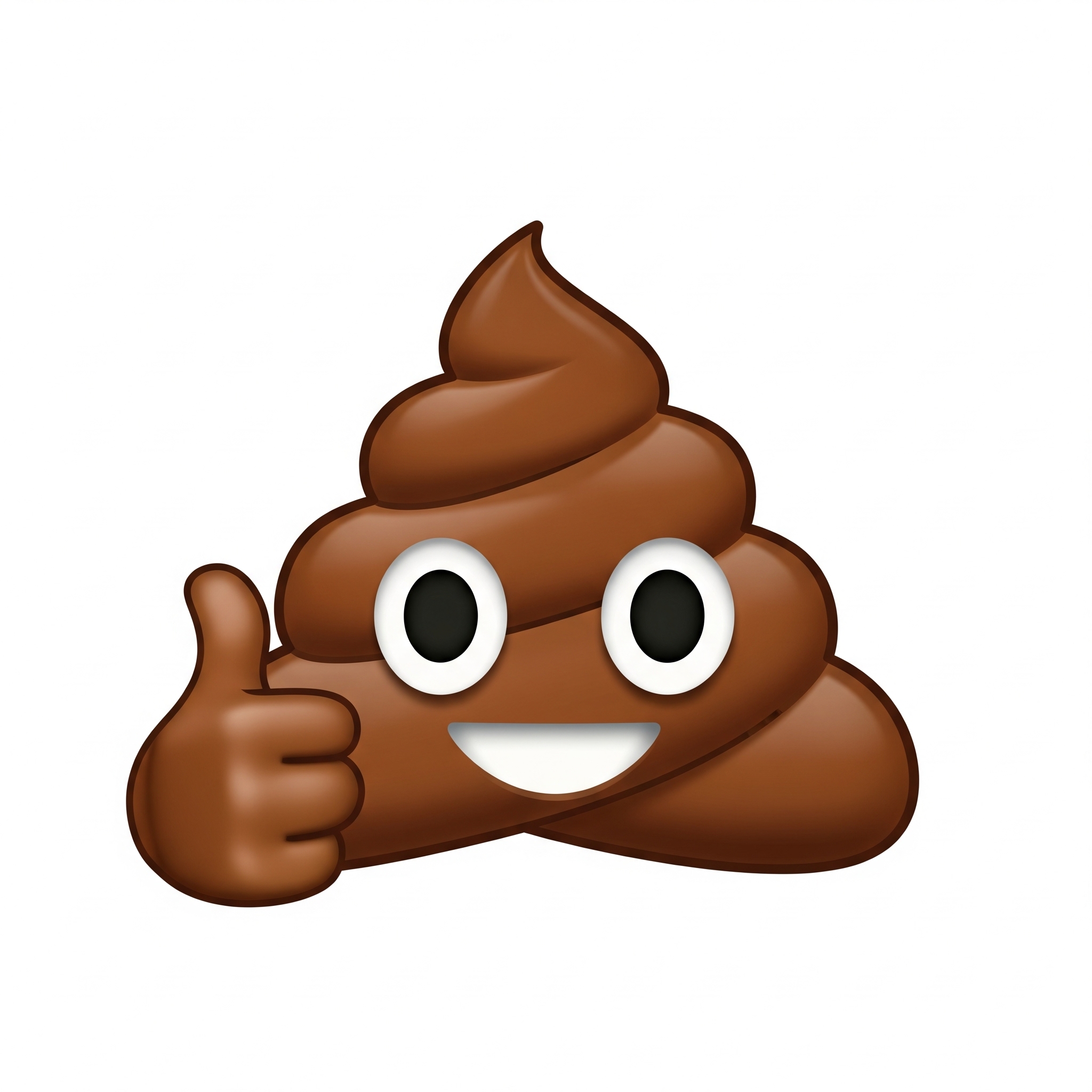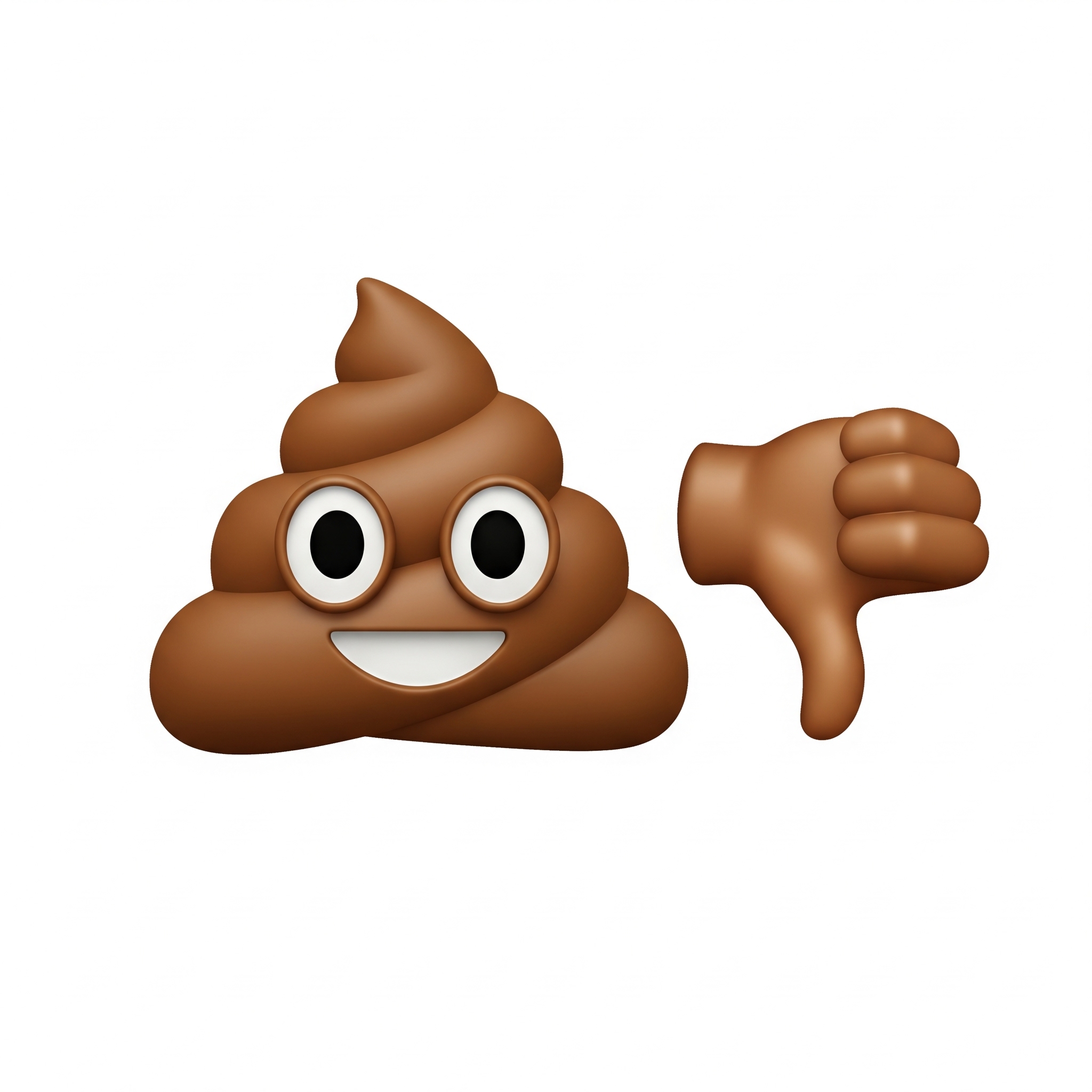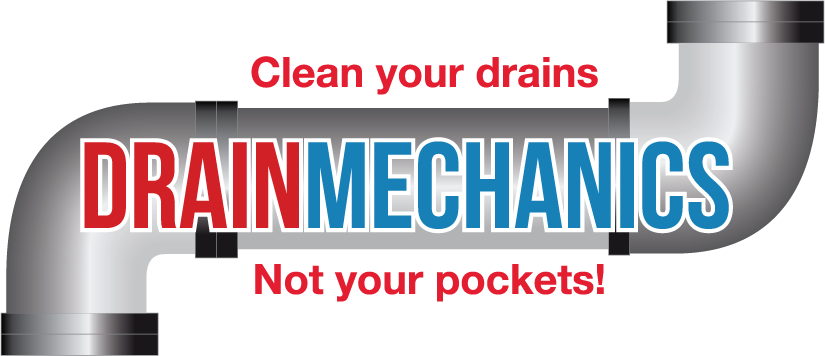The Do’s:
Caring for Your Aerobic Treatment System
Proper care of your wastewater treatment system will extend its life, reduce maintenance costs, and protect the environment. Follow these guidelines to keep your system operating at its best.
Grease, Oils & Food Waste
-
Collect cooking grease and leftover oils in a sealed container and place them in the trash.
-
Compost food scraps when possible, or dispose of them in the trash can.
-
Avoid putting food byproducts into your system, as they accelerate the need for pumping and increase maintenance costs.
Lint Control
-
Clean washing machine and dryer lint filters before every load.
-
Install a supplemental lint filter on your washing machine for extra protection.
Safer Cleaning Alternatives
Harsh household chemicals can damage your wastewater system and harm the environment. Use these safer options instead:
-
Ammonia-Based Cleaners → Baking Soda/Vinegar
-
Surfaces: Sprinkle baking soda on a damp sponge.
-
Windows: Mix 2 tbsp white vinegar with 1 qt water in a spray bottle.
-
-
Carpet/Upholstery Cleaners → Cornstarch/Baking Soda
-
Sprinkle dry cornstarch or baking soda on fabric, then vacuum.
-
-
Disinfectants → Borax
-
Mix ¼ cup Borax with ½ gallon water in a spray bottle. Works as a cleaner and deodorizer.
-
-
Drain Decloggers → Plunger or Drain Snake
-
Clear clogs mechanically without chemicals.
-
-
Scouring Powders → Baking Soda/BonAmi®
-
Sprinkle on a damp sponge or mix 4 tbsp baking soda with 1 qt warm water.
-
-
Furniture/Floor Polish → Oil Soap/Lemon Juice
-
Clean with oil soap and warm water; polish with 1 part lemon juice to 2 parts oil.
-
-
Laundry Detergent → Liquid, Non-Chlorine/Phosphate-Free
-
Avoid powdered detergents.
-
-
Metal Cleaners → Toothpaste/Lemon
-
Silver: Rub gently with toothpaste.
-
Brass/Copper: Scrub with half a lemon dipped in salt.
-
Stainless Steel: Use soapy water and a scouring pad.
-
-
Oven Cleaners → Baking Soda/BonAmi®
-
Sprinkle, then scrub with a stiff brush or unused toilet brush.
-
Water Conservation
Too much water at once can overload your system (hydraulic overload). Average household use is about 50 gallons per person per day. Conserve water with these tips:
-
Take shorter showers and avoid frequent use of large soaking tubs.
-
Don’t let water run while brushing teeth, washing hands, or rinsing dishes.
-
Run dishwashers and washing machines only with full loads; spread laundry across several days.
-
Install low-flow faucets and showerheads.
-
Replace old toilets with low-flush models.
Do’s Outside The Home
- Keep a secure lid on the tank at all times. Never open or attempt to enter the tank. The gases inside a septic tank are dangerous due to toxic byproducts like methane and hydrogen sulfide. If you notice the lid is loose or damaged, immediately contact your ATU service provider.
- Plan ahead. (If new construction) Before your ATU system is installed, consider the location of all permanent landscaping, patios, sheds, or other outdoor structures to ensure they do not interfere with the system.
✅ By following these practices, you’ll protect your system, reduce costs, and help safeguard local waterways.
The Don’ts:
What Not to Flush or Drain
Your wastewater treatment system is designed to handle normal household wastewater only. Flushing or draining harmful substances can damage your system, increase maintenance costs, and harm the environment.
Do NOT flush or drain the following:
-
Pharmaceuticals or medications
-
Excessive bath or body oils
-
Flammable, toxic, or hazardous products
-
Household cleaners, chlorine bleach, or pool/spa chemicals
-
Pesticides, herbicides, fertilizers, or other agricultural chemicals
-
Eggshells, seeds, gum, coffee grounds, or tea bags
-
Chewing tobacco or cigarette butts
-
Condoms, dental floss, sanitary products, diapers
-
Paper towels, napkins, newspapers, or wrappers
-
Large amounts of hair
-
Baby wipes, cleaning wipes, or “flushable” wipes (none of these are safe for your system)
System Protection Guidelines
-
Water Softeners: Do not plumb the discharge brine from your water softener into the system. While softened water is fine, the brine from the regeneration cycle should be diverted directly into the soil.
-
System Additives: Avoid using products marketed as septic “enhancers” or additives. These disrupt the natural microorganisms in your system and can cause long-term damage.
-
Cold Weather Precautions: Do not leave indoor faucets running to prevent frozen pipes. A single faucet can add up to 3,000 gallons per day, overwhelming your system. Instead, insulate or heat exposed plumbing.
-
Leaks: Repair leaky plumbing fixtures immediately. A single leaking toilet can waste up to 2,000 gallons per day, dramatically increasing your water bill and overloading your wastewater system.
Don’ts Outside The Home
- Avoid all vehicular traffic over buried components. To protect your system from damage, consider placing a barrier, such as a row of plants or decorative rocks, in any area where vehicles might drive.
- Do not dump RV waste into your system. RV waste can contain chemicals that are toxic to the beneficial bacteria in your tank, and it can also clog equipment, leading to expensive maintenance and repairs.
- Never connect any type of storm drain to the system. This includes rain gutters and other surface drains, as an influx of water can overwhelm the system.
- Avoid discharging hot tub water into the system. The large volume of water and any chemicals present can harm the biological process of your ATU.
- Don’t dig on your property without first confirming the location of all your ATU system’s components. This is crucial for preventing damage to buried pipes and tanks.
✅ By avoiding harmful substances and keeping plumbing in good repair, you’ll prevent costly damage and keep your system running efficiently.
